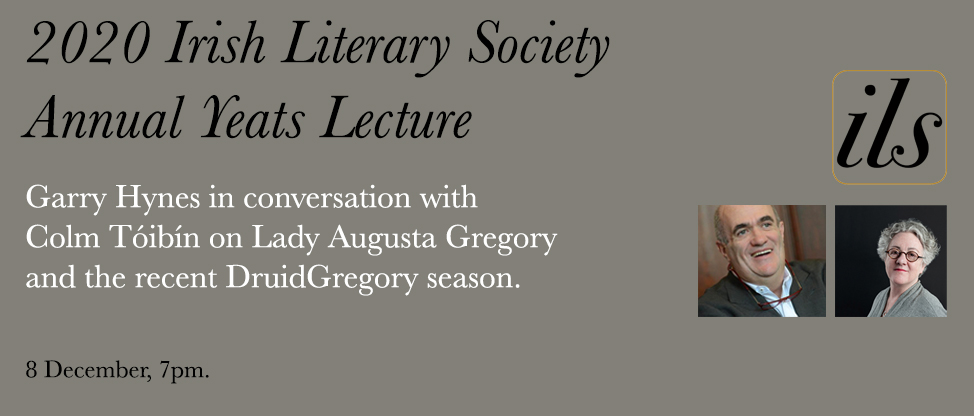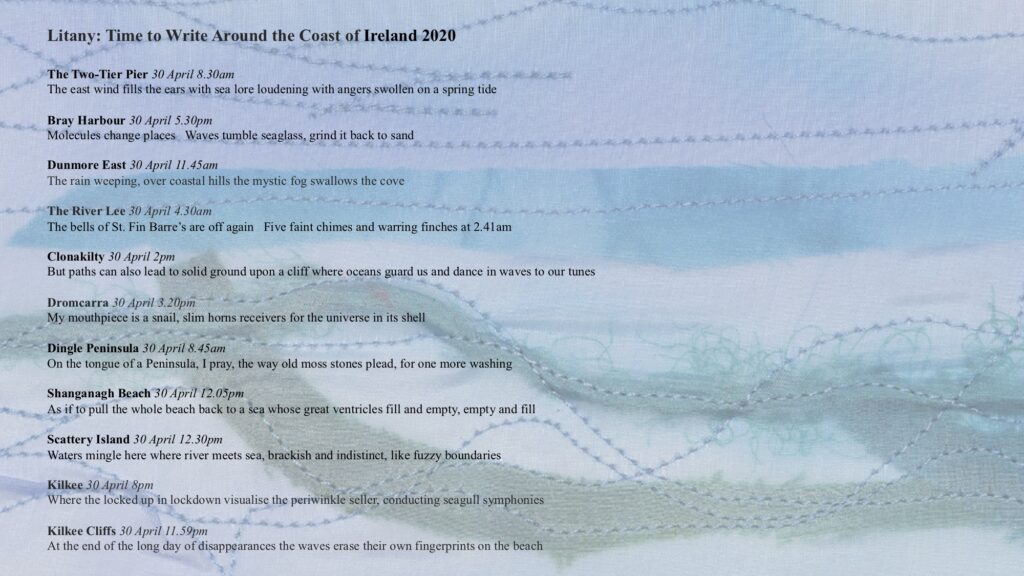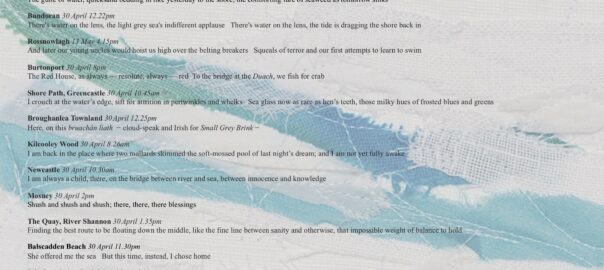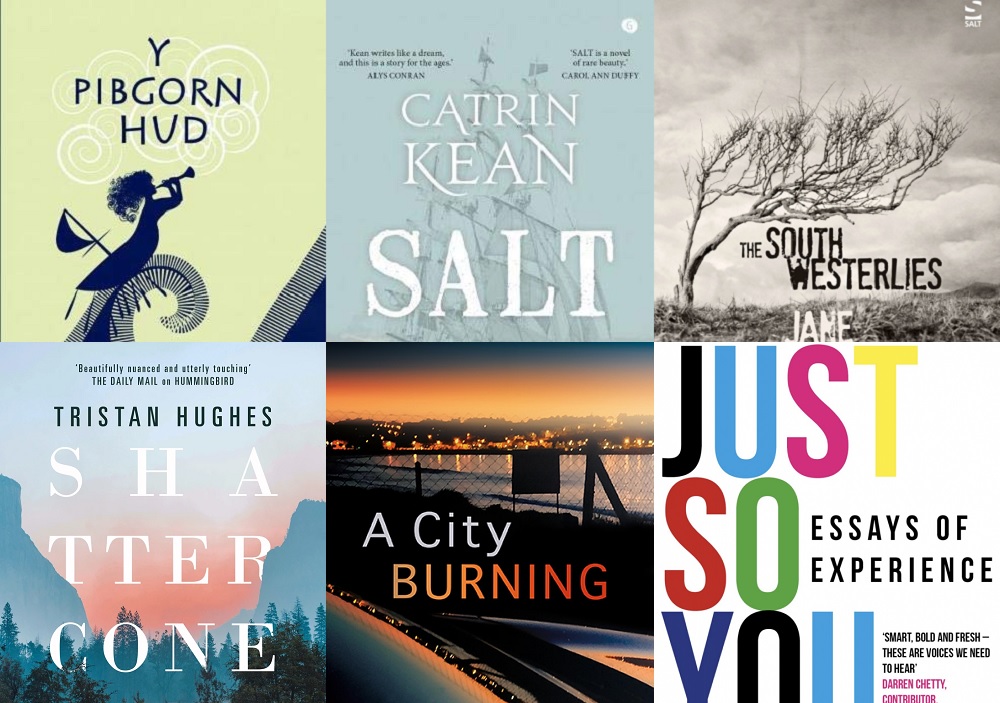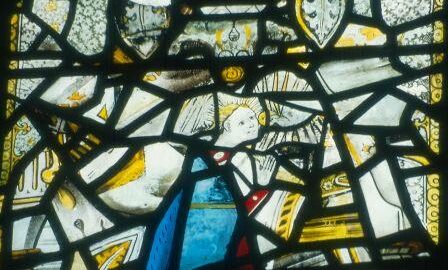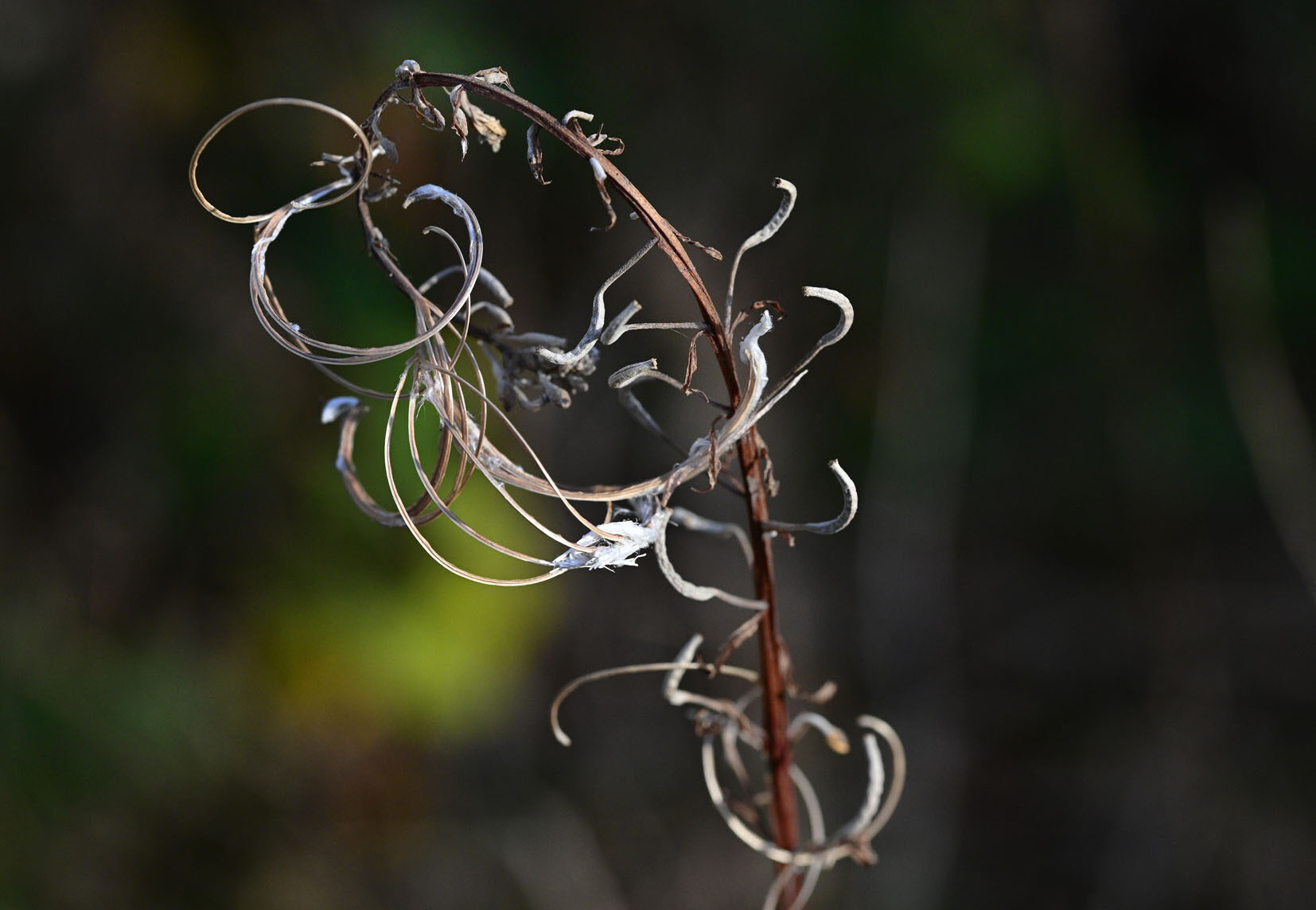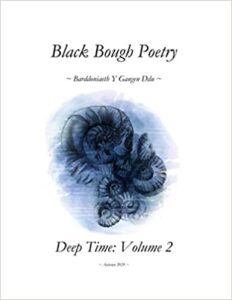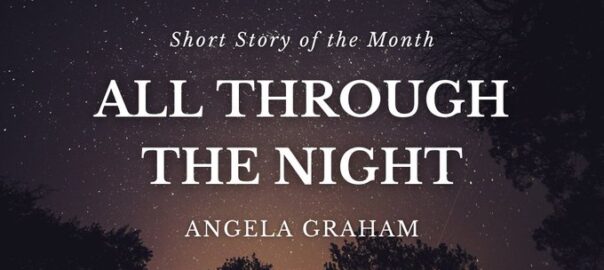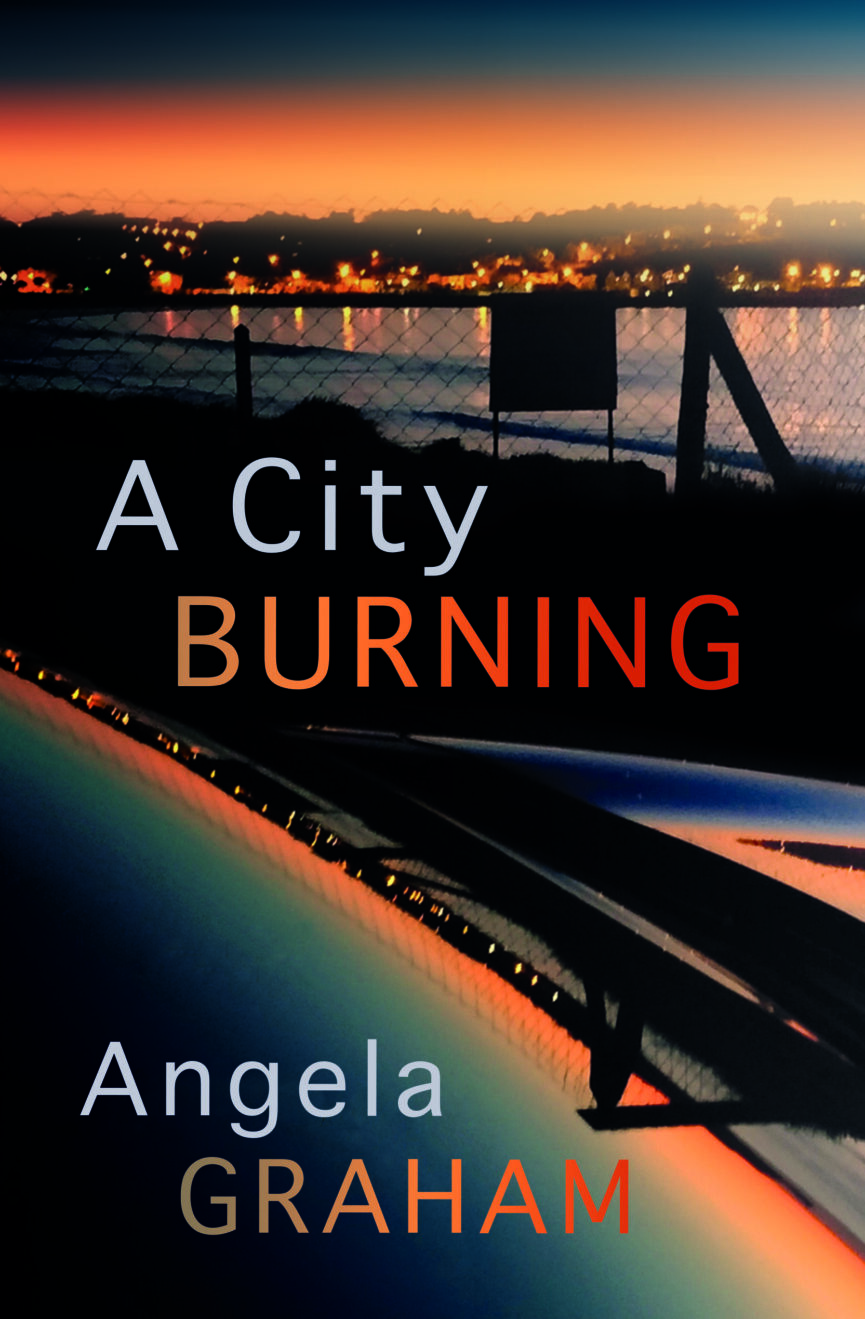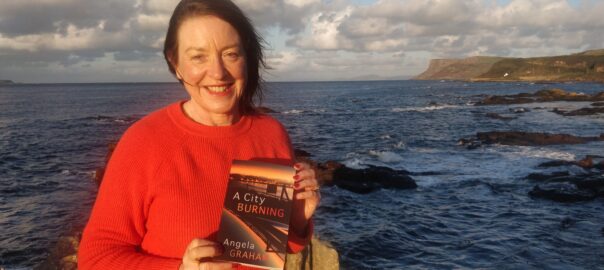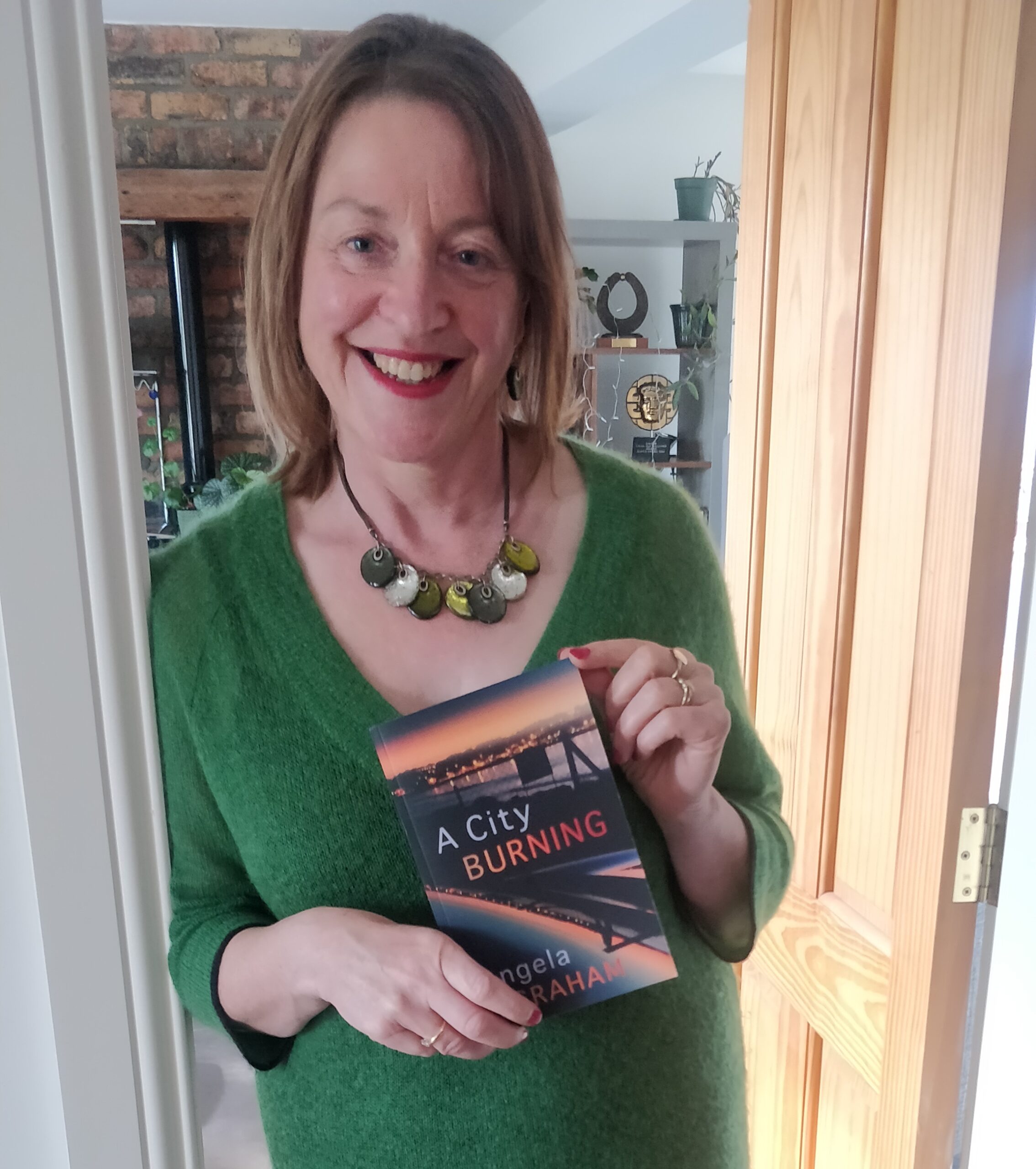My blog for The Irish Literary Society: irishlitsoc.org
Why is it so hard to find writing in Ulster Scots among contemporary publications? Has it gone for good or is it poised to make a come-back?
Up to the mid-twentieth century it was commonplace to find Ulster Scots poetry and prose in literary magazines or in newspapers but now it is exceptional. Although there is a body of Ulster Scots work appearing in specialist sources this work often deals with the past. In contemporary creative writing, Ulster Scots is all but invisible. A language without a lively, multi-genre, modern literary and cultural presence is one that is struggling. The degree to which Ulster Scots achieves such a presence is a litmus test of feasibility and relevance, even of its existence as a spoken medium.
In the last census in 2011, there was, for the first time, a question about capacity in Ulster Scots. Based on the census returns, the Ulster-Scots Agency states “there are approximately 140,000 people who have indicated some ability in Ulster-Scots.” However, the number claiming a capacity to speak, read, write and understand Ulster Scots is only 0.9 per cent of the population of Northern Ireland. The spoken language is under pressure and the gap between the spoken and the written word has been allowed to widen.
Ulster Scots is the speech that developed (or whose development intensified) as a result of the in-migrations of Lowland Scots to Ulster from the early seventeenth century…
About: The Irish Literary Society
The Irish Literary Society was established in London in 1892, succeeding the Southwark Irish Literary Club. Among its founders were W. B. Yeats, T. W. Rolleston, Francis Fahy and Douglas Hyde and other leaders of the Irish literary revival. The Society was formally founded with Sir Charles Gavan Duffy as President, at the Caledonian Hotel, The Strand, 12 May 1892. Evelyn Gleeson was its first secretary.
Stopford Brooke gave the inaugural lecture to the society on “The Need and Use of Getting Irish Literature into the English Tongue” (Bloomsbury House, 11 March 1893 – its delivery delayed to allow for the start of the National Literary Society in Ireland). Although the business of the ILS has always been conducted in English the Society was influential in nurturing the revival of the Irish language by programming language classes even before the Gaelic League was formed in 1893.
Next event 8 December, 7pm
https://irishlitsoc.org/event/7th-annual-yeats-lecture-8-december-2020/
